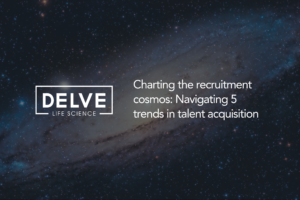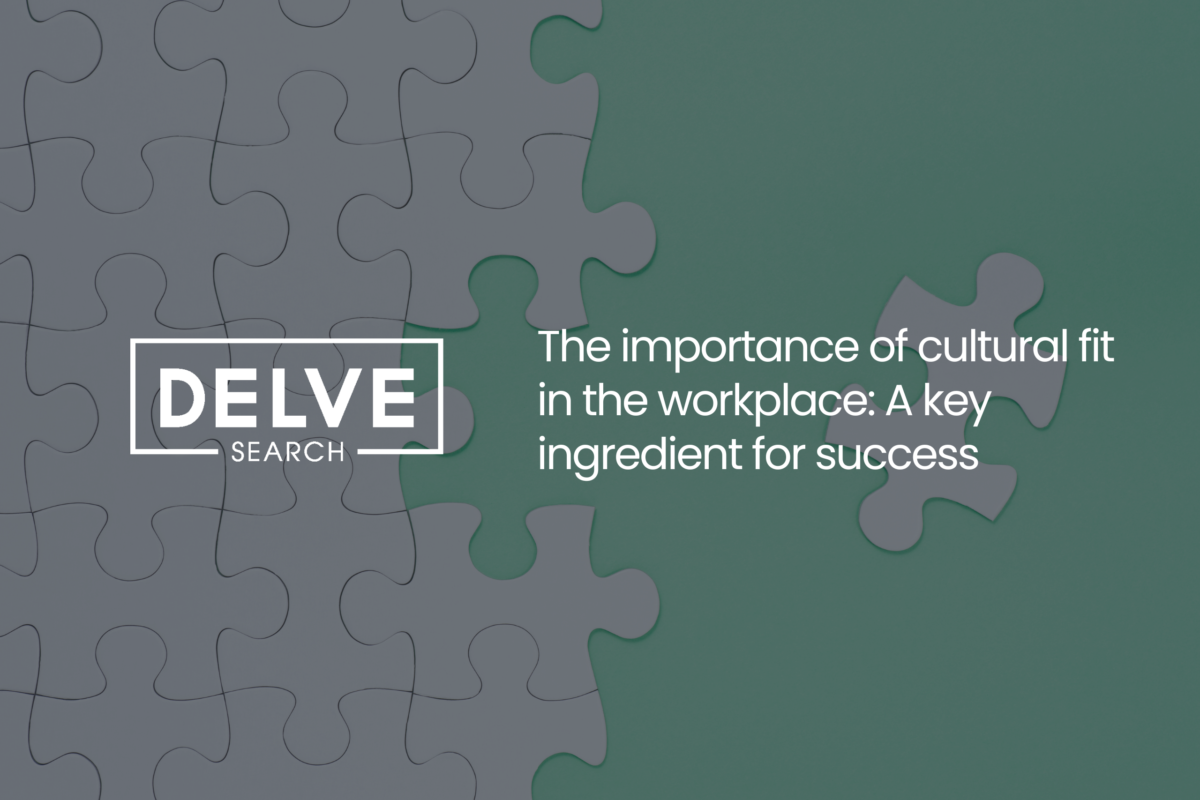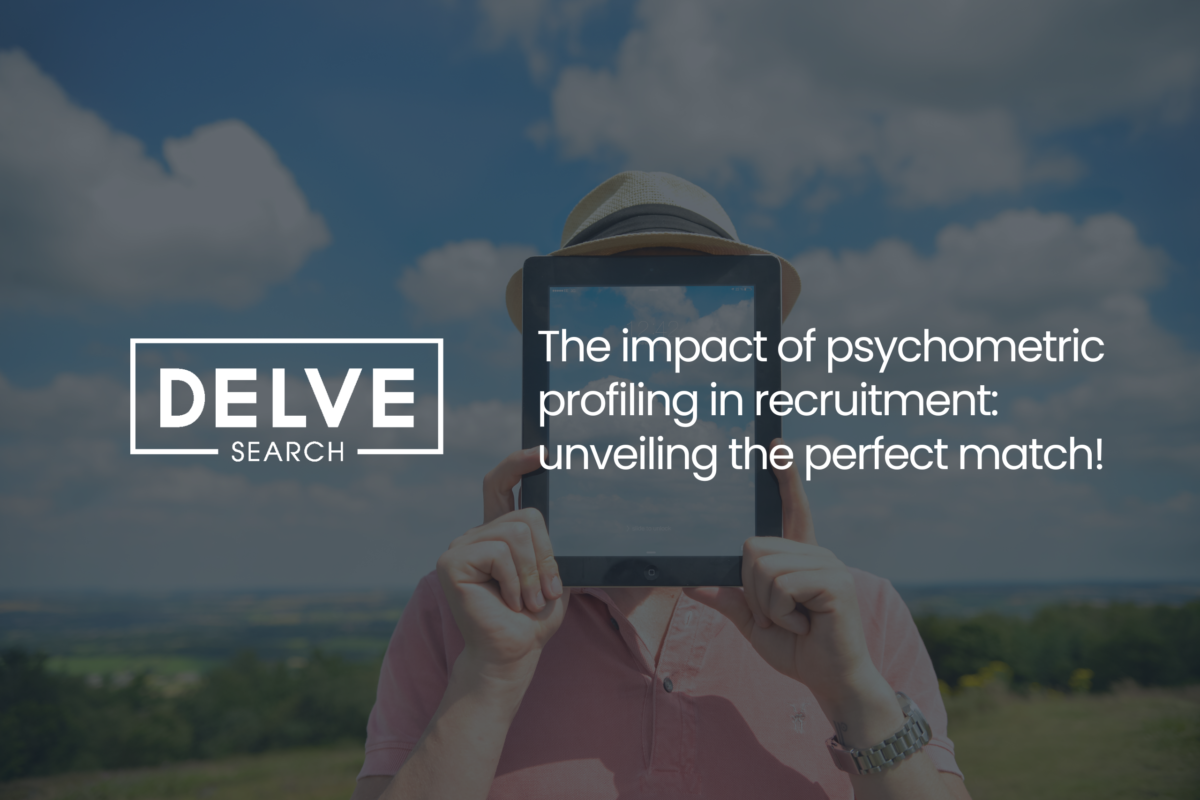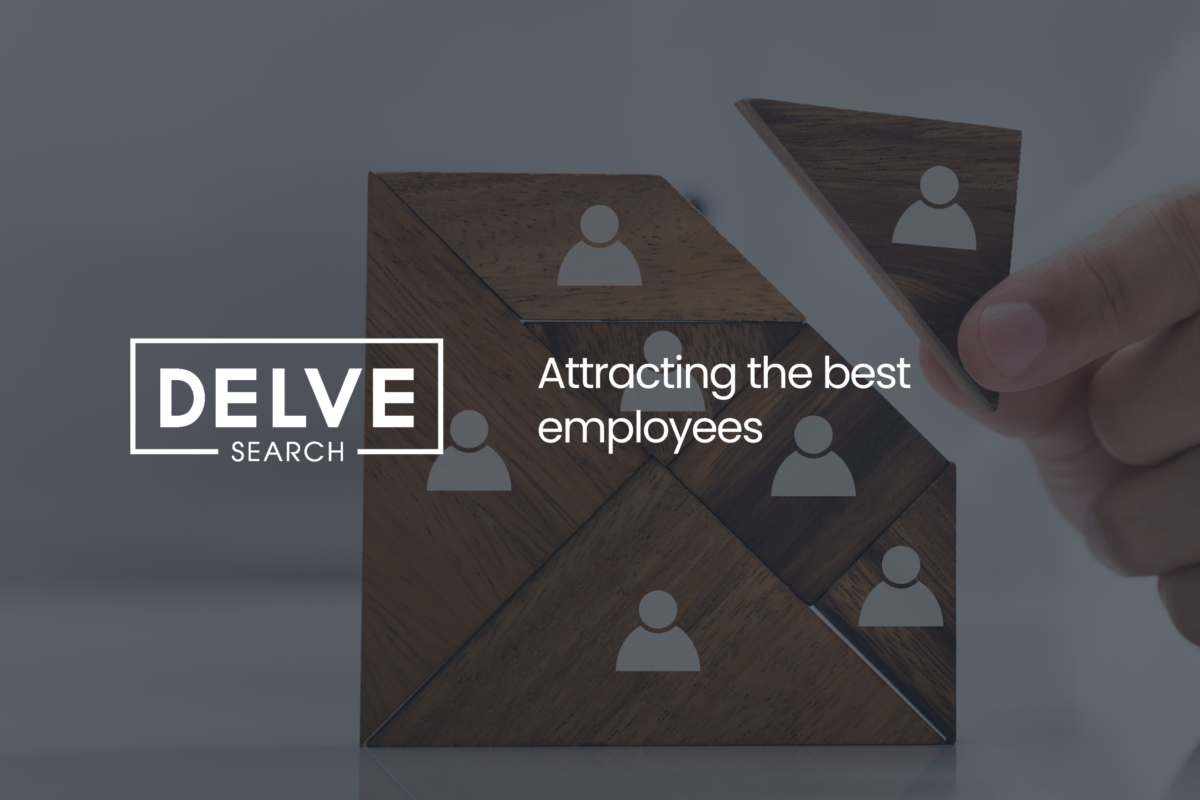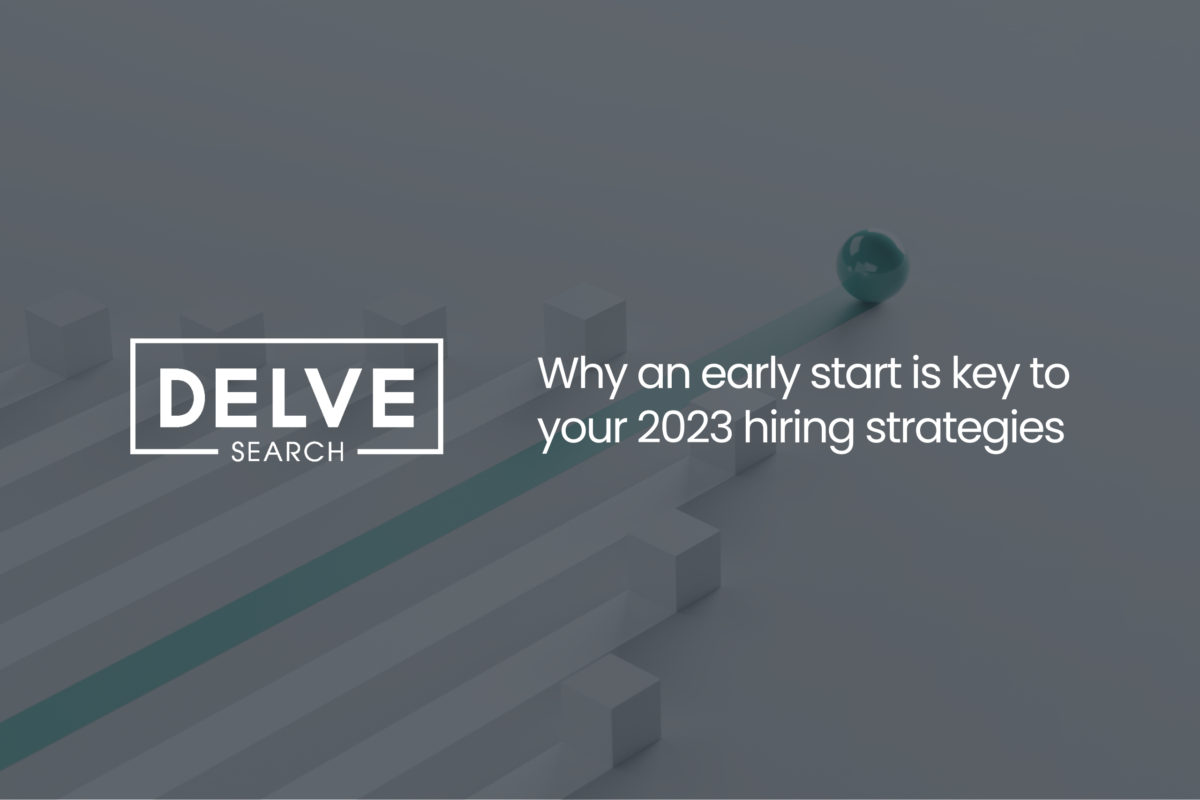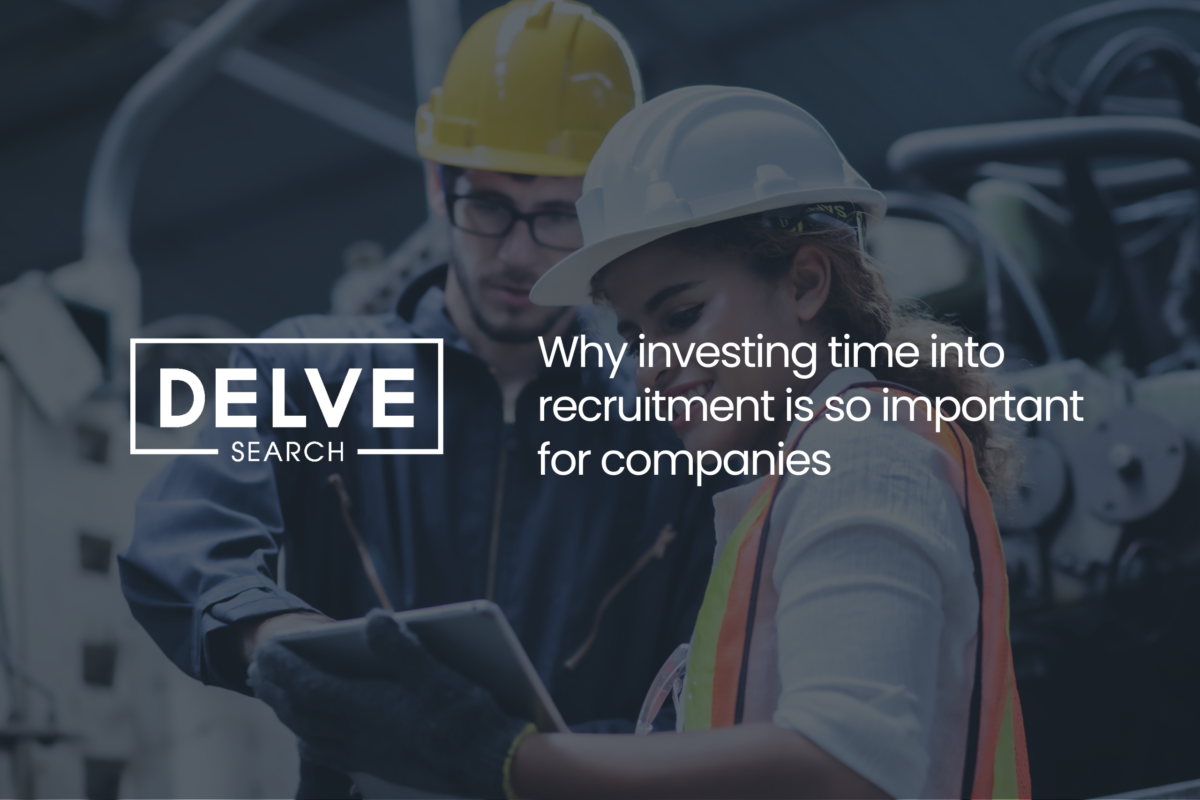The importance of cultural fit in the workplace: A key ingredient for success
In today’s highly competitive job market, recruiters and hiring managers often face a challenging decision: should they prioritise technical skills or cultural fit when evaluating potential candidates? While technical skills undoubtedly play a vital role in job performance, the significance of cultural fit should not be underestimated. In fact, cultural fit can be the differentiating factor that determines long-term success within a company. Here are a few reasons why cultural fit is key in the hiring process.
Fostering a harmonious work environment: A strong cultural fit ensures that employees share similar values, work ethics, and goals. When individuals align with the company culture, they are more likely to collaborate effectively, communicate seamlessly, and build positive relationships with their colleagues. This harmonious work environment boosts morale, enhances teamwork, and ultimately contributes to increased productivity and employee satisfaction.
Enhanced employee engagement: Employees who feel a sense of belonging and alignment with the company’s mission and values are more likely to be engaged in their work. When there is a cultural fit, individuals are passionate about their roles, demonstrate greater commitment, and exhibit a higher level of job satisfaction. They are motivated to go the extra mile, contributing to a more innovative and productive work environment.
Reduced turnover and increased retention: Hiring an employee with excellent technical skills but poor cultural fit can lead to significant challenges in the long run. Such individuals may struggle to integrate into the team, feel disconnected, and become disengaged over time. This can result in high turnover rates, which are costly for businesses in terms of recruitment, training, and lost productivity. Prioritising cultural fit during the hiring process helps ensure that employees are more likely to stay and thrive within the organisation, reducing turnover and fostering long-term retention.
Positive impact on organisational reputation: Employees who are aligned with the company culture not only perform their roles effectively but also become ambassadors for the organisation. They reflect the values and ethos of the company in their interactions with clients, partners, and the public. This positive representation enhances the company’s reputation and strengthens its brand image, contributing to its long-term success.
Adaptability and team dynamics: Cultural fit enables individuals to adapt more seamlessly to the company’s work environment, processes, and values. While technical skills can be developed over time, cultural fit is often more challenging to cultivate. Employees who already align with the company’s culture can integrate more smoothly into teams, adapt to changing circumstances, and contribute to a cohesive and productive work dynamic.
While technical skills remain important, prioritising cultural fit in the hiring process can lead to a more cohesive and high-performing workforce. Striking the right balance between technical skills and cultural fit ensures that employees not only have the necessary expertise but also possess the values, attitudes, and behaviours that align with the company’s mission and vision. By fostering a work environment where employees feel connected, engaged, and motivated, businesses can unlock their full potential and achieve sustainable success in today’s competitive landscape.
Get in touch to find out how we can help you find the perfect fit:
Call us on +44 (0)1606 212020
Email us at [email protected]
Share This Blog
Recent Articles
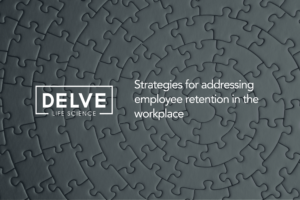
Strategies for addressing employee retention in the workplace
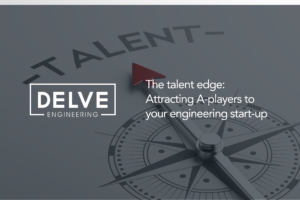
The Talent Edge: Attracting A-Players to Your Engineering Start-ups

Dresden’s rise: TSMC semiconductor factory and its impact on job market attractiveness

5 Opportunities beyond research in Life Sciences

Benefits of attending Advanced Engineering trade shows
